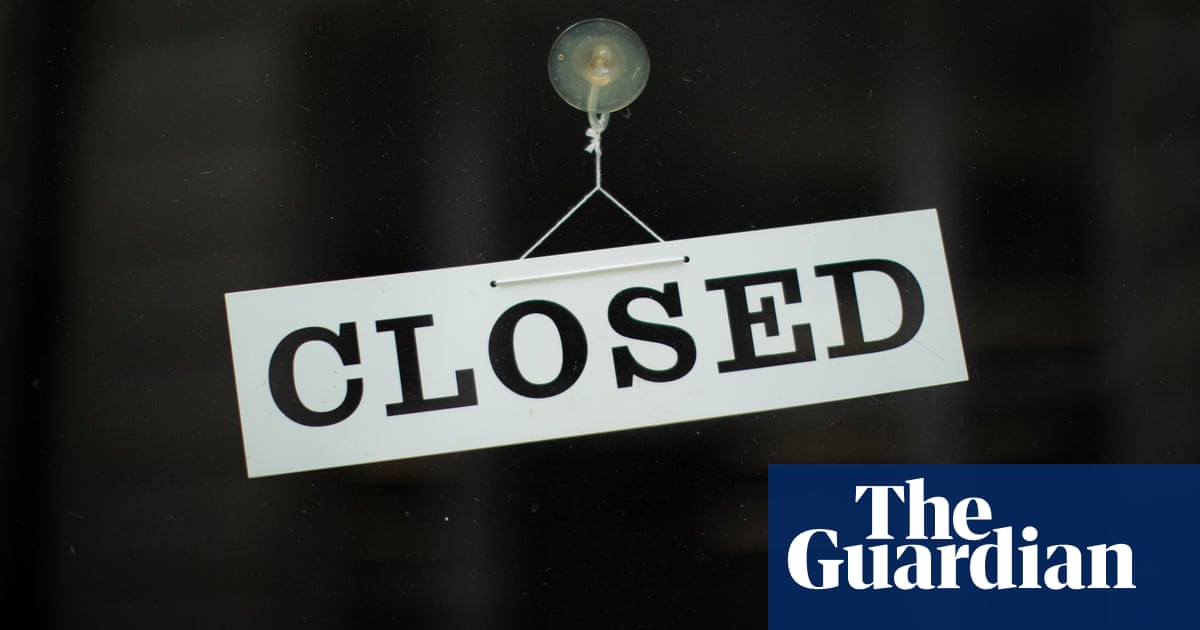
UK lenders are scrambling to assess the fallout of last week’s landmark court of appeal ruling on car finance.
The judgment on “secret” commission payments could have far-reaching implications for lenders, beyond those covered by an continuing investigation by the Financial Conduct Authority (FCA). The consumer champion Martin Lewis suggests the row “has the potential to shake up more than just car finance”.
So what has happened and could you be entitled to a payout?
How did we get here?
In January, the FCA launched an investigation into discretionary commission arrangements (DCAs) on car loans issued between 2007 and 2021.
The practice meant car dealerships and brokers had the power to set interest rates on car loans, and earn higher commission along the way. DCAs were eventually banned by the FCA in 2021 because of concerns they were incentivising dealers to charge higher interest rates.
The City regulator’s investigation could ultimately lead to a multibillion-pound compensation scheme funded by the lenders that sat behind the arrangements. The FCA has already warned car lenders to hold back cash for potential payouts, which some analysts believe could add up to £8bn-£13bn.
The watchdog had been due to issue its decision in September, but pushed its deadline to the end of May 2025 after lenders struggled to provide all the data in time. But that delay also gave it time to judge the outcome of a test case against specialist lenders Close Brothers and FirstRand Bank.
What happened last week?
On Friday, the court of appeal ruled on that test case, upholding a decision that it was unlawful for the two lenders to have paid a “secret” commission to car dealers without borrowers’ knowledge.
Judges said consumers needed to know all the material facts that could affect their borrowing decision, including the total commission to car dealers and how it was calculated, in order to be able to consent to the loan.
Some lawyers have speculated that customers could collectively receive billions of pounds in compensation as a result and in some cases have their car loan written off or rescinded.
It could also spark complaints and payouts about other types of commission payments related to motor finance and potentially other loans and financial products.
The FCA has said it was carefully considering the court of appeal decision, which both Close Brothers and FirstRand plan to challenge in the supreme court.
How have UK lenders reacted?
They have been racing to determine what it means for their businesses and how much they may have to pay out. Some say it sets a much higher bar for disclosing commission arrangements, and securing customers’ consent, than they previously thought necessary under FCA rules.
Close Brothers – which had already cancelled its dividend and launched plans to strengthen its balance sheet by £400m in response to the FCA investigation – has halted new car loans since the ruling, which has sent its shares plunging by 37% since Friday.
Santander UK delayed the release of its third-quarter results on Tuesday at the last minute, while Lloyds Banking Group, which is the most exposed among high street banks, has scrapped commission payments for new loans across its £15bn Black Horse motor finance arm.
Lloyds has already put aside £450m for potential payouts, but analysts at RBC Capital suggest it will need to put aside £2.5bn to £3.9bn in the worst case scenario. Its shares are down 13% since Friday.
The ruling could end up costing Santander UK £1.1bn, while Barclays – which ditched its motor finance business in 2019 – may end up taking a £357m hit. Analysts estimate that the much-smaller Close Brothers could suffer a £252m blow.
Who could be in line for compensation?
Potentially millions of people. Across the UK, an estimated 80% to 90% of new cars, and an increasing number of used vehicles, are bought with finance, and lenders issued £16.9bn in car loans last year.
In terms of the FCA investigation, you could be entitled to a payout if you used motor finance to buy a new or secondhand motor vehicle – for example, a car, van, campervan or motorbike – between 6 April 2007 and 28 January 2021, and the finance provider and car dealer used a DCA. When we say motor finance, we typically mean personal contract purchase plans and hire purchase.
DCAs were by far the most common commission arrangement before they were banned in 2021, and were included in three-quarters of all loans between 2007 and 2020.
In theory, those who signed up to multiple car finance agreements during the 14 years will be potentially eligible for several payouts. Broadly speaking, this does not apply if you took out your car finance on or after 28 January 2021, or you used a car leasing agreement such as personal contract hire, or another type of commission arrangement was used, such as flat fee or fixed rate.
However, the latest court case stands to broaden the scope of payouts beyond loans that involved DCAs, and potentially beyond motor finance.
“There’s an outside chance all commissions may be looked at,” Lewis has said. “I’ve already asked the FCA to ensure that, if that’s the case, you wouldn’t be prevented from complaining again.”
How much could I get, and when?
As to how much, it’s too soon to say and everyone’s circumstances are different, but for car finance claims, probably more than £1,000 on average.
Lewis, the founder of MoneySavingExpert.com, previously predicted the FCA would ultimately either set up a compensation scheme where it ordered all companies to pay redress to all affected customers, even if they had not complained, or publish rules under which companies must pay out redress to complainants based on a set formula.
The regulator has indicated that for a typical £10,000, four-year car finance deal where a DCA was used, a customer might have paid £1,100 too much interest. However, there could be a requirement for firms to pay interest on top of that.
Lots of consumers submitting complaints about their car finance are using claims management firms and law firms to do the legwork. One such firm, LawPlus Solicitors, said its clients “are achieving compensation awards of £1,500 on average per car finance agreement”, while another, Bott and Co Solicitors, said the average payout for mis-sold car finance was estimated at about £1,600.
As for timings, some people have already received redress: there have been Financial Ombudsman Service rulings in this area, while some individuals have taken their cases to court and won. In terms of any official compensation scheme, if the FCA decides to put one in place, it looks likely to start making payments to people in 2026.
In terms of the wider court ruling, and other loans with commission arrangements, lenders are waiting for further FCA guidance. Analysts at Jefferies said that, given the likely supreme court case, “a final ruling may not emerge until the second half of next year”.
What should I do if I think I’m owed money?
You can act now or wait to see how things pan out.
The FCA has extended the period of time motor finance firms can deal with DCA complaints while the regulator investigates, but MoneySavingExpert believes it is worth logging a complaint now to help reduce the risk of being ruled out if a future time limit is imposed. It has a tool on its site where you answer a few questions and it creates a template email to send to the relevant lender.
The FCA said its investigation does not stop individuals from taking their case to court. Hundreds, if not thousands, have done that, and in many cases the judge has found in the individual’s favour. Many of the law firms are offering their services on a “no win, no fee” basis.












